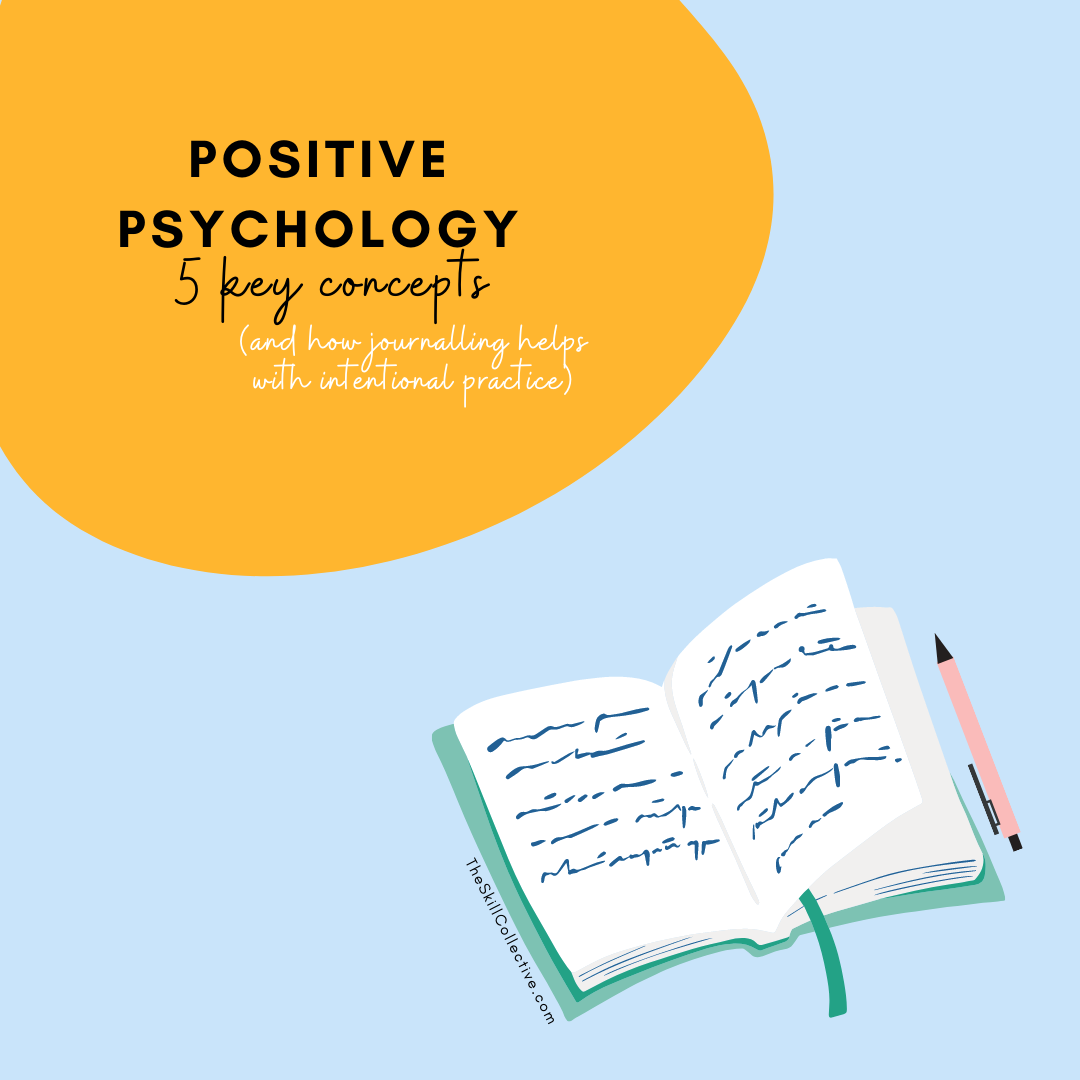How a planner can help you to better manage anxiety
How a planner can help you to manage anxiety
By Joyce Chong, Clinical Psychologist
Anxiety is part of life. It keeps you safe from danger - think of anxiety as your body’s alarm that is designed to protect you from threats in your environment. At times, your alarm may be overactive. This can be experienced in response to stressful events (job stress, global pandemic, relationship breakdown, cumulation of daily hassles), or reflect a longer-standing anxiety disorder (such as social anxiety disorder, panic disorder; learn more about when anxiety tips into an anxiety disorder here).
We’ve worked with many individuals over the years to build skills to manage anxiety better - skills such as tuning in to triggers and early warning signs for anxiety, learning relaxation and mindfulness skills, shifting thoughts that contribute to anxiety, and gradually facing triggers for anxiety that they have previously avoided.
As with most things, sustaining the skills to manage anxiety in the longer term takes regular practice, and can easily get lost amidst the busyness of everyday life. So how can you ensure those anxiety management skills stay with you for years to come?
Enter the humble planner…rather than just serving as a To Do list, a planner can help with setting anxiety-related goals, keeping anxiety management skills on your radar, and track your levels of anxiety (and related concepts) so you can better understand and manage anxiety. Below we’ll show you how to use a planner to better manage your anxiety - we’ve used our Productive Life Planner which has specific sections for projects (or goals) and managing your wellbeing, but feel free to use any planner that will suit your needs.
TIPS TO BETTER MANAGE ANXIETY USING A PLANNER
Below we outline some tips for using a planner to help you better manage anxiety. These are based on our work over the years with the many individuals we’ve helped to make sustainable changes when it comes to anxiety, where we’ve seen what helps and hinders longer-term shifts in anxiety. These tips are by no means exhaustive, but will give you a good starting point. Let’s see how using a planner can help Heni.
Heni is a new graduate who has been experiencing anxiety for the past year. She has just commenced her first ‘major’ role in a high pressure environment, and is taking on challenges that she has not yet encountered. Heni is acutely aware of the need to look after her anxiety so that she can perform in her role and avoid burnout. She also recognises that she is prone to worrying about negative appraisals, which then feeds into her confidence levels and her anxiety.
1.Set goals for managing anxiety
Think of what goals you’d like to achieve when it comes to better managing your anxiety. Is it that you have an upcoming social function when the idea of making small talk with strangers causes you significant anxiety? Is it that you live in a house that has spiders when you have a spider phobia? Or is it that you want to be able to better manage your panic symptoms?
Whatever your goal is, use your planner to break down the larger, overarching goal, into smaller components that are less anxiety-provoking and move you gradually towards your overarching goal.
Heni has been tasked with the project of giving a conference presentation in April on behalf of her workplace. This is a trigger for increased anxiety for Heni - not only is it the first presentation she is giving on behalf of an organisation with high standards, she also suffers from public speaking anxiety.
To help reduce her anxiety, Heni decides to break this larger and more overwhelming task into smaller and more manageable actions using SMART goal-setting:
First, she reaches out to her colleague Will and buys him lunch to seek advice on designing her presentation. She also sets time frames to ensure she stays on track with this project.
Second, she decides to sign up to do a public speaking anxiety course, and looks at linking in a friend so she can practice her speech before the day.
2. Keep healthy habits on your radar.
There are many healthy habits you can adopt that support your anxiety and wellbeing. For example:
Habits for physical health include getting sufficient sleep, exercise, and nutrition.
Habits for psychological wellbeing include practising relaxation, journalling, and many of the psychological skills learned in therapy (e.g. exposure, controlled breathing, cognitive restructuring, mindfulness).
It’s easy for these habits to fall off your radar, so by using a planner as reminders to engage with the habit, you’re increasing your chances of looking after your anxiety.
Heni believes that there are a few things that are particularly helpful when it comes to managing her anxiety. She finds exercise and sleep to be vital for her to stay calmer. She also knows that journalling and reflecting on events of the day on a regular basis make a difference to her anxiety. Keeping these healthy habits on her radar using a daily planner helps her to stay on track.
3. Track stuff.
We’re talking all sorts of stuff to do with anxiety, including:
Physical and psychological habits that help you manage your anxiety.
Emotions such as anxiety, stress, overwhelm, and any other related concepts (e.g. level of social confidence when it comes to social anxiety, severity of worry in generalised anxiety disorder).
We especially love being able to track anxiety over weeks, months, and even a year, as tracking helps identify what particular triggers and patterns there may be to your anxiety (see the next point!).
Heni finds that tracking a combination of her moods (anxiety, overwhelm) and confidence level, as well as her energy and motivation, help her to see her progress with managing anxiety. She can also take this information in to her sessions with her psychologist and they can dissect the information together and set new goals.
4. Reflect
Once you have tracked emotions and habits related to your anxiety, use this data to help you reflect and learn more about:
What triggers your anxiety (e.g. prolonged weeks of tight deadlines, certain emotional stressors, or even a lack of exercise)
Which habits make a meaningful difference to your anxiety (do more of these!) and which habits may have less of an impact.
What helps you stick to your helpful habits and what reduces your ability to stay on track (e.g. busyness at work, burnout, late nights).
After consistently tracking her anxiety, Heni takes the information in to her session with her psychologist. They reflect on the patterns together, and identify that comparing herself to others and facing social situations more generally are triggers for increased anxiety. Using this information, they incorporate a few additional exercises in this area to help Heni better cope with such situations.
All of the above tips are designed to help you understand your anxiety better, and to help you stay on top of managing your anxiety. Using something as simple as a planner can really make a difference to how you understand and look after your anxiety.
If you’d like more tailored support to help stay on track with your anxiety, why not contact us and book in with one of our psychologists?








How can you counter the winter blues? Check out our tips on how to boost your wellbeing during the colder months.